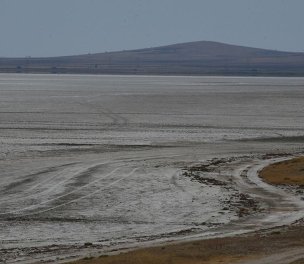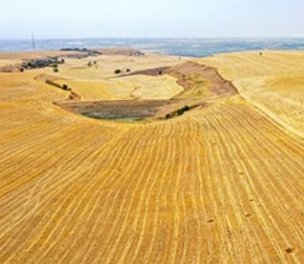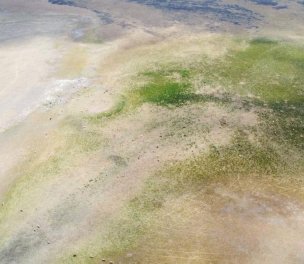Photos: AA
Click to read the article in Turkish
The lake in the northwestern province of Bursa is among the lakes that are affected negatively by the climate crisis. It is a lake by the town of İznik, within which lies the ancient city of Nicaea.
The shrinkage in the lake reached up to 50 meters and it also affected the basilica area discovered eight years ago, 20 meters offshore and 1.5 – 2 meters deep. It was discovered that the basilica was constructed 1500 years ago in the name of Saint Neophytos. Work has been underway in order to make the basilica area an underwater museum.
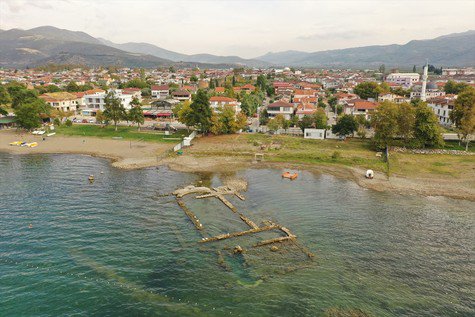
Taylan Sevil, an ex-director of the İznik Museum told the Anadolu Agency that a large part of the basilica has now re-emerged and combined with the lakeside, the lake being affected negatively by the climate crisis.
.jpg)
Sevil said, "The ancient basilica is regarded as one of the discoveries of the century in world archeology history. Until a few years ago the basilica was in the lake but now one can take a walk around the basilica area due to the shrinkage, thus it is united with the land. Not only that but the ancient port pier has also re-emerged."
Sixty percent of the lakes in Türkiye have dried upAccording to the "Situation of Our Natural Lakes and Wetlands and Requirements for Immediate Action" report by the Water Policies Association published in 2021 (Doğal Göllerimizin ve Sulak Alanlarımızın Durumu ve Acil Önlem İhtiyacı) 60 percent of the nearly 300 lakes in Turkey have dried up. Akşehir Lake which was once the fifth-largest freshwater lake in Turkey has dried up completely. According to the report, the water level has dropped down to 6 meters from 26 meters in Beyşehir Lake and to 5 meters from 14 meters in Eğirdir Lake. Another lake that dried up was the Karataş Lake. Scientists have been making warnings for Karataş Lake since 2009 saying that we could lose the lake completely. Despite these warnings, the lake has now dried up completely. Burdur, Akşehir, Eber and Acıgöl lakes are only some of the lakes suffering from drought. |
(TY/PE/VK)




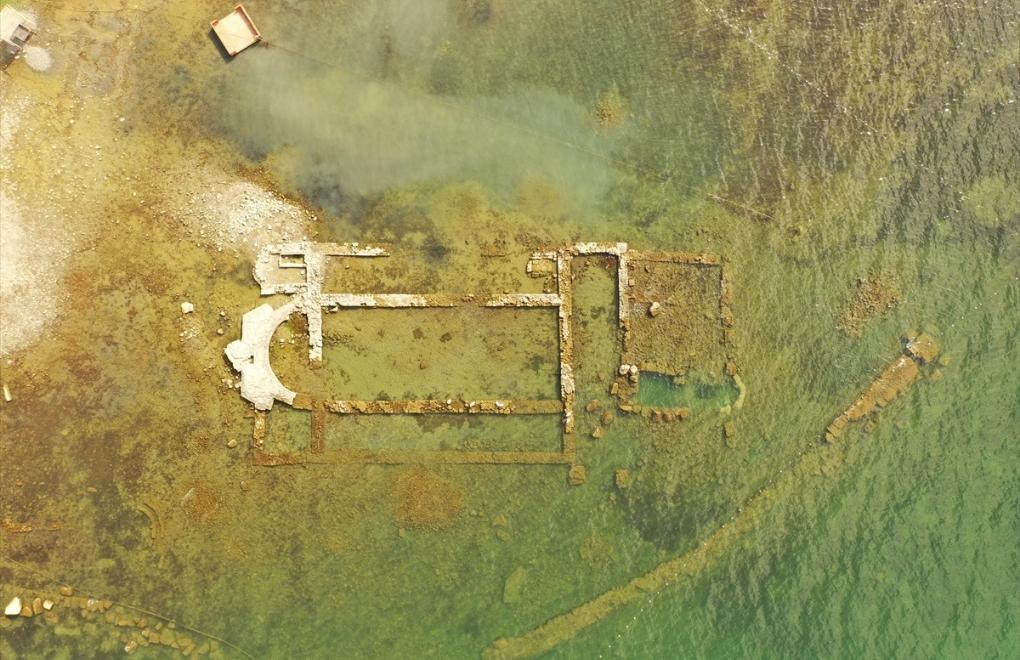
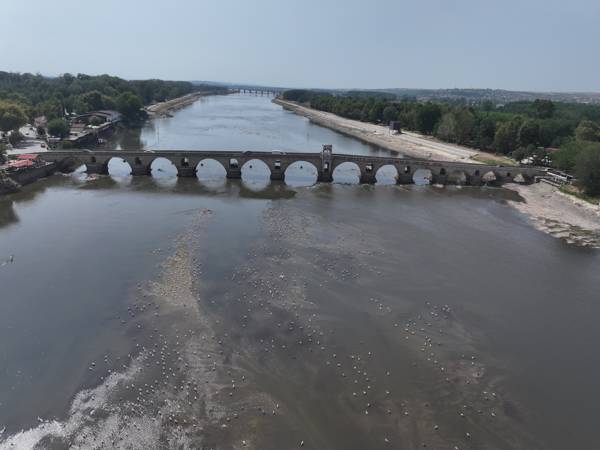
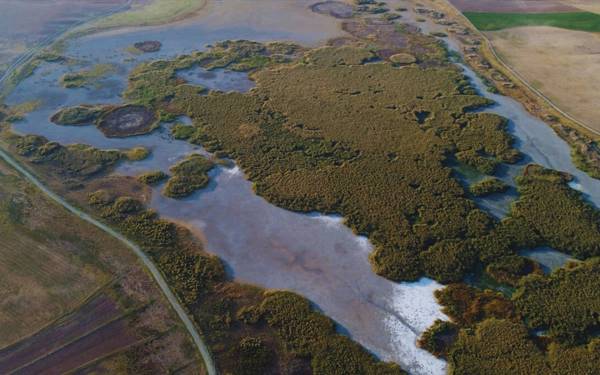
as.jpg)
